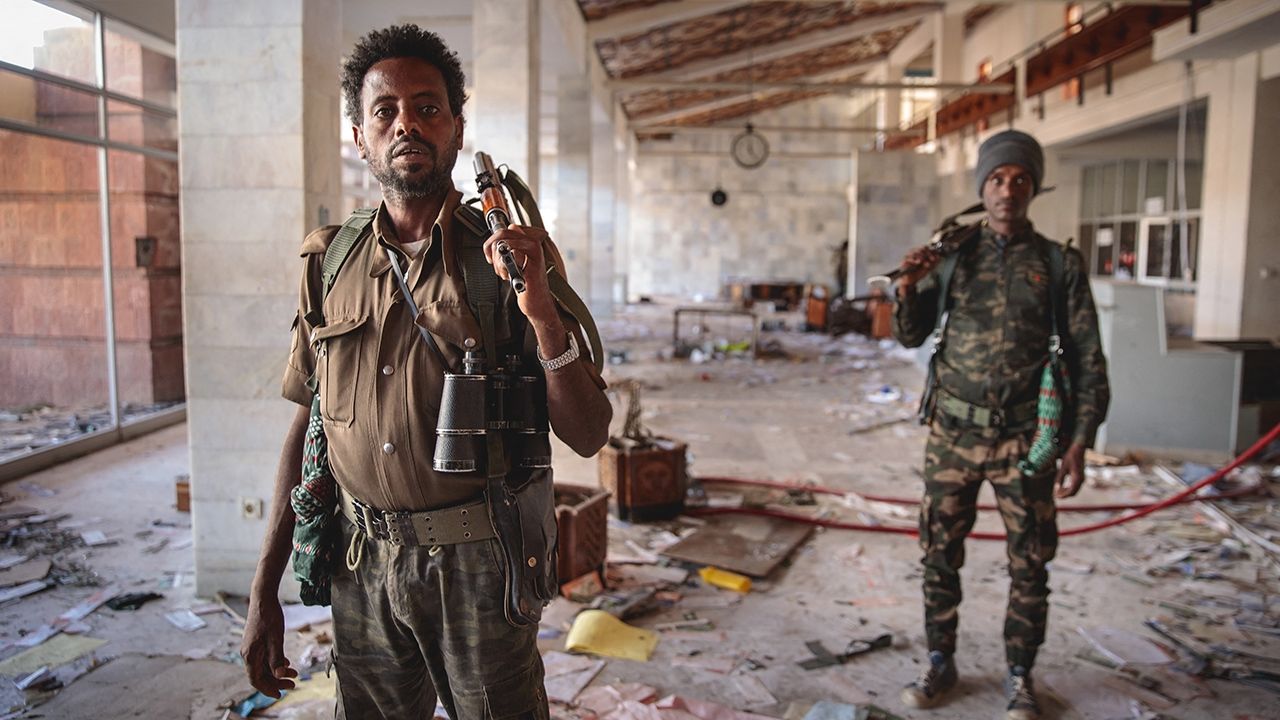- by MAJDAL SHAMS
- 07 28, 2024
-

-
-
Loading

Loading

The sight IMFof tanks rolling through towns as armed drones circle in the sky was supposed to be history. Nine months after a formal end to Ethiopia’s civil war, many had hoped the country was inching back towards stability. Anxious to turn the page on a conflict that caused hundreds of thousands of deaths and shredded his reputation as a Nobel-prizewinning peacemaker, Abiy Ahmed, the prime minister, had his sights set on reaching deals with the and the World Bank to rescue the war-wrecked economy.But even as calm has been mostly restored to , the northern region at the centre of Ethiopia’s two-year war, heavy fighting has spread across Amhara, a neighbouring region that is home to the country’s second-largest ethnic group. In early August, Amhara militias known as Fano swept into towns and cities, briefly taking over several of them. They attacked police stations and garrisons, freed prisoners and intermittently took control of the airport of Lalibela, Ethiopia’s most popular tourist town. Local officials fled. The government responded by sending in the army, shutting down the internet across the region and declaring a state of emergency.